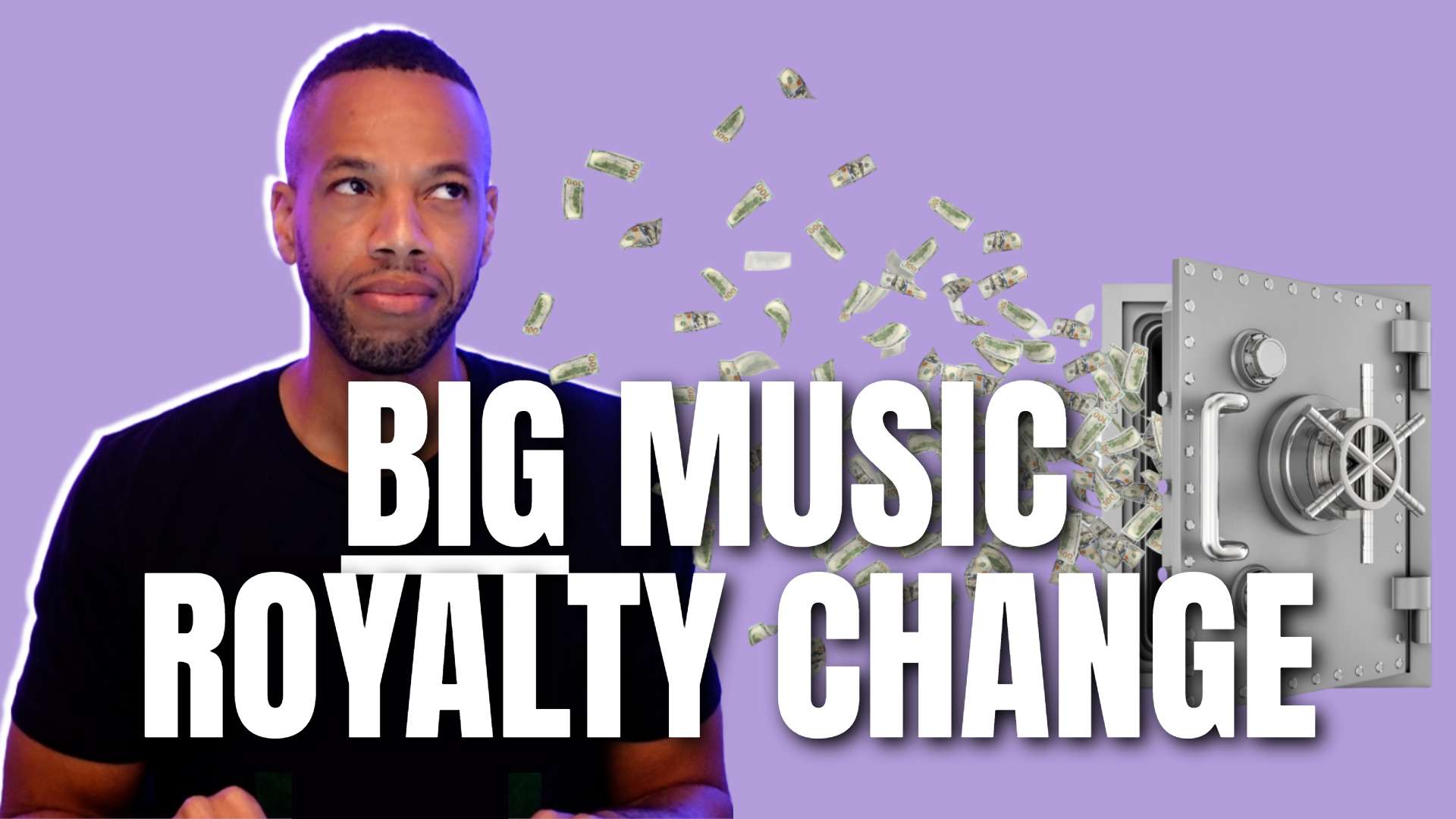Music Distribution Deals, Percentages & Companies: Everything You Need To Know

*This article may contain links to affiliate products & services. We have reviewed these services to try and ensure the highest quality recommendations*
Written by Omari
Goods and services of whatever nature essentially flow through specific channels, right from the producer to the final consumer. It is generally said that production is not complete until goods get to the final consumer. However, music production is not left out of this as certain channels have to be passed through before it can be said to be successful.
The aim of this write up is to explicitly define music distribution, the deals involved, the various percentages as agreed upon by parties involved in such deals and connected companies.
Distribution on a general note is the summation of all the processes and procedures put in place in order to make sure that goods and services flow from a producer and get into the hands of the final consumer. In musical parlance, distribution can be said to be a means through which recorded music flows from the producer and gets to the consumer.
Distribution Deals
Music distribution deals on the other hand are deals mostly between music distribution companies and record labels which give such companies the license to sell such record label's products (obviously songs). Such deals are clearly spelt out based on the agreement between parties involved.
Music distribution deal percentages are basically based on the terms of agreement between the record label and the music distribution company. The distributor sells and takes a percentage of the income generated, whether fixed or not, based on the terms of agreement. The distribution company can sometimes adopt both the responsibility of manufacturing and distribution.
In such a case, the percentage of the total income due to the distribution company would be a combination of the manufacturing and distributive role played by such a distribution company. Distribution deals for independent artists have been a very significant way of publicizing their songs.
In this light, distribution companies must endeavor to have a very good market strategy so as to win the hearts of the consumers. They can in simple terms be said to play the wholesaler role in the chain of production as it is through them that music productions flow from the producer(artist in this context)to the consumers.
The Big Companies
However, as much as the music distribution companies may have showed their worth, the demand for their services is gradually on a decline as consumers now just have to download songs directly on platforms like iTunes and Spotify and don't have to depend on the physical retail outlets for their choice of songs.
It is important to note that as much as it seems like distribution companies are not needed, not every artist or record label wants to take up the task of personally distributing their songs. In that way, the role of the distribution company becomes relevant.
The major distribution companies are the distribution companies of the biggest record labels like Sony and Universal Music Group. How to get a distribution deal with the likes of Sony music would be dependent on the requirements of a record label of that calibre and the level of success on the part of the distribution company..
When your song is ready to go, it's time to start promoting it to potential fans! Omari has the best organic promotion services money can buy. With packages for Spotify, TikTok, Instagram, and YouTube, we will get your music the traffic and attention it deserves! Click below for more information.
SPEAK YOUR MIND
Leave a Reply
How This INDIE Artist Got Over 67,598,275 Streams On ONE Song
Join the No-Nonsense Music Marketing Newsletter to get the most valuable weekly case studies and strategies to grow your music business!





1 Response to "Music Distribution Deals, Percentages & Companies: Everything You Need To Know"
hello, ive amased over 100 artists within the last 10 years, id like to know if i can be a named copyright and publisher under your distribution network. thank you